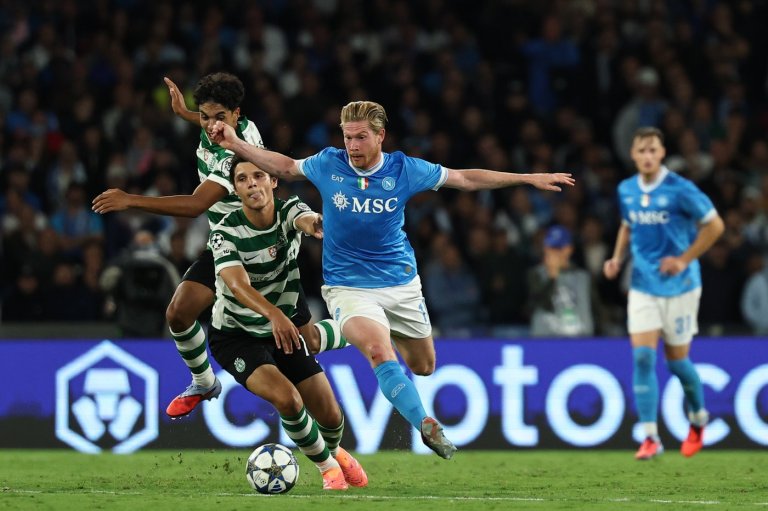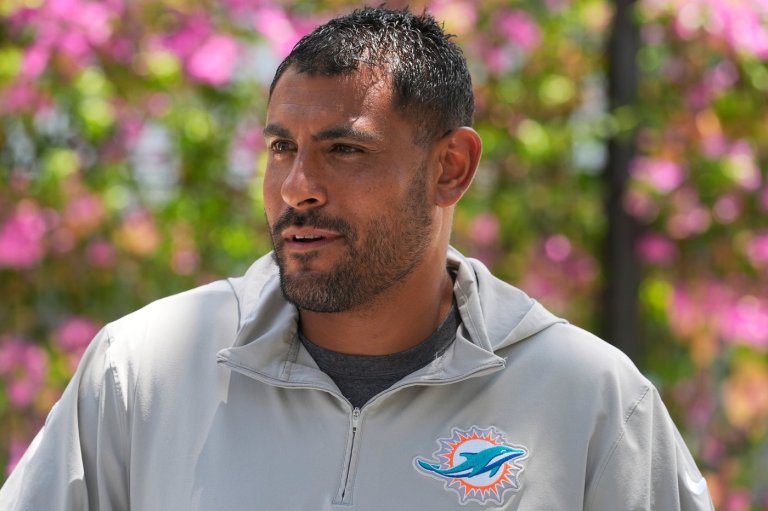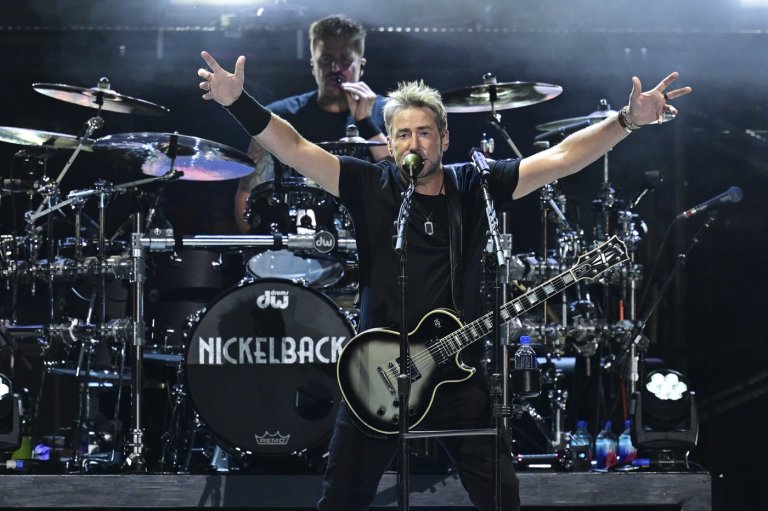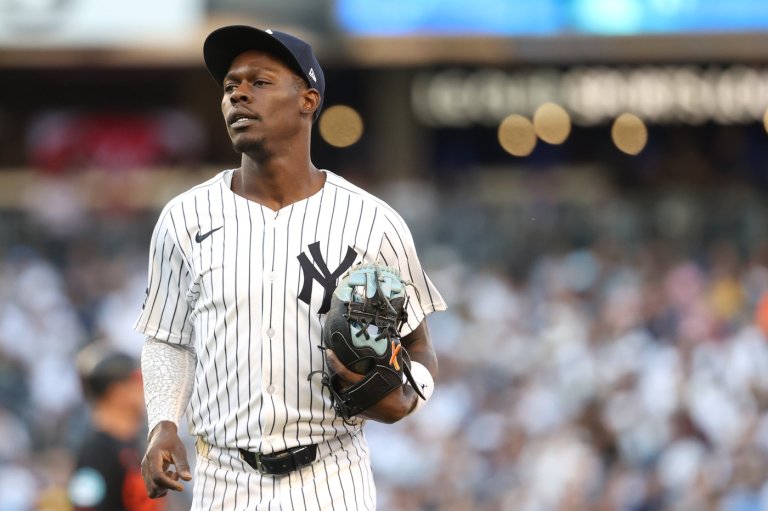Former Paralympian takes holistic approach as Timbers’ mental performance coach
PORTLAND, Ore. (AP) — Before the start of every match, the Portland Timbers sit together in the locker room, close their eyes and collectively take a deep breath before exhaling slowly.
Lacey Henderson quietly tells the players to ground themselves, feeling the floor beneath their feet.
“Then I’ll drop something to meditate on. Most recently I said something to the effect of making sure that you are really proud of where you’ve been and having faith in where you’re going to go,” she said. “I close it out the same way every single time, it’s a few breaths and I always say, ‘I trust myself. I trust the team.’”
It’s three minutes of Zen before Portland coach Phil Neville gives his pregame talk.
The Timbers are perhaps the only Major League Soccer team that practices meditation as a group before every game. It’s a practice introduced by Henderson, who joined the Timbers this season as the club’s mental performance coach.
She stands out for many reasons: her boundless energy, her bright pink tennis shoes, and also because of her glittery artificial leg.
When she was 9 years old, Henderson developed a rare tumor in the soft tissue of her right knee. After chemotherapy was unsuccessful, doctors amputated her leg just above the knee to save her life.
She went on to become a cheerleader at the University of Denver before her father, T.J. Henderson, a former pole vaulter at Baylor, challenged her to try his sport. So she did.
A natural athlete, Henderson went on to compete at the 2016 Paralympic Games in Brazil in the long jump and the 100-meter dash. In Brazil, she finished eighth in the long jump, best among U.S. athletes. Henderson is also an American record-holder in the long jump and a world record-holder in the pole vault, which isn’t a recognized Paralympic sport.
She joked that being a Paralympian didn’t exactly pay the bills, so she went back to school and got a master’s degree in sport and performance psychology.
While she was working for NBC at the Paris Paralympic Games last year, the Timbers called. For coach Neville, adding Henderson to the staff was personal, because he sought help when he was a young player.
“About 25 years ago when I was just starting my career, going to see a sports psychologist was a taboo thing, it was seen as a weakness,” Neville said. “But I was struggling, you know, with confidence, insecurity. Dealing with things that were difficult in my life like pressure, expectation, these are things that are really difficult for any person, never mind a young person trying to play for Manchester United, so I needed someone away from my parents to speak to.”
While many teams have mental performance coaches, Henderson considers her role more holistic. She doesn’t ask players to visualize themselves scoring goals, winning games or lifting trophies — professional athletes already know how to do that.
Instead, it’s often the things that players are dealing with off the field that can impact what they do on it.
“A lot of my job — that I take from my professional sport experience, too — is like, ‘How do I deal with the drama of negotiating a contract, seeing all this stuff on social media, things at home?’ Because life happens regardless of where you are in sport,” she said. “We look at, ‘How am I maintaining this life in a way that’s as sustainable as possible, so I can still get the job done when I show up?’”
Henderson’s role is something that other teams “haven’t really tapped into yet,” winger Ariel Lassiter said.
“She’s bringing a lot of mindfulness and awareness of not only our surroundings, but ourselves in our present moment, and I think that’s super important,” Lassiter said. “We go through a little mindfulness session before the matches and the team meetings and I think that just brings everyone individually in the right mental space, because the game is played with the mind. The body follows the mind.”
Being new to the job means Henderson must convince some players that addressing mental health is an essential aspect to not only being a good athlete, but being a whole person. For some, there is still a stigma.
It helps that Henderson has been an athlete herself, and that she has so obviously overcome some adversity.
“I have something that’s very visible that shows that, one, I’ve been through some stuff, and two, that I’m OK with it and we can chat about it, and, three, we have to depend on each other and that’s just humanity,” she said. “The social determinants of health that show the longest form of quality of life, and the people that live the longest, are people who have really tightknit communities and depend on each other. And so I try to use my disability in that way.”
___
AP soccer: https://apnews.com/hub/soccer
Join the Conversation!
Want to share your thoughts, add context, or connect with others in your community?
You must be logged in to post a comment.


















